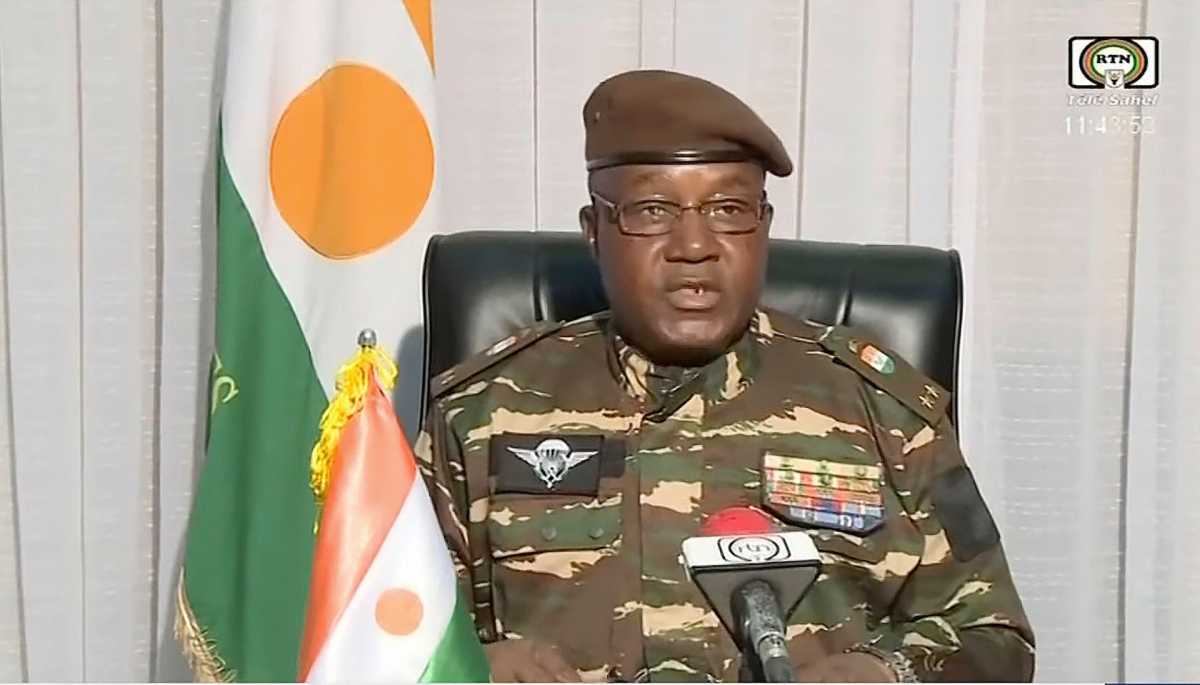Business
ECOWAS: The Implications of Niger, Mali, and Burkina Faso’s Withdrawal from ECOWAS

The landscape of West Africa has been dramatically reshaped with the recent announcement of Niger, Mali, and Burkina Faso withdrawing from the Economic Community of West African States (ECOWAS). This unprecedented move, delivered in a joint statement on January 28, 2024, sends shockwaves through the region, leaving a trail of uncertainty about its political and economic future.
Understanding the Roots of Discontent:
The decision stems from a simmering tension between the military-led governments of the three countries and ECOWAS. The regional bloc had imposed sanctions and suspended them following military coups in each nation. Frustrated by perceived ineffectiveness in tackling insecurity and accusations of undue pressure, the juntas opted for a drastic separation.
Economic Fallout and Potential Ripple Effects:
The immediate economic implications are worrisome. ECOWAS promotes free movement of goods and people, and its Common External Tariff eases trade within the bloc. Withdrawal could raise trade barriers, leading to higher prices and stifled regional commerce. Landlocked Niger, Mali, and Burkina Faso depend heavily on neighboring ECOWAS ports for imports and exports, making potential logistical disruptions even more concerning.
Furthermore, the withdrawal poses a threat to regional stability. ECOWAS has played a crucial role in mediating conflicts and promoting democratic transitions. Its weakened influence could create a vacuum, potentially emboldening jihadist groups and fueling further political instability. The Sahel region, already battling terrorism and humanitarian crises, could face even greater turmoil.
Fractures in Regional Unity and a Weakened Bloc:
ECOWAS prides itself on its commitment to regional integration and democratic norms. This withdrawal exposes divisions within the bloc, raising questions about its relevance and effectiveness. Other member states may perceive the move as a precedent for dissent, potentially leading to further withdrawals. A weakened ECOWAS will have diminished clout on the international stage, hindering its ability to tackle regional challenges like poverty and climate change.
Possible Paths Forward and a Glimmer of Hope:
Despite the bleak outlook, hope exists for future engagement. The withdrawal statement suggests the possibility of “reopening dialogue” with ECOWAS under certain conditions. The bloc, for its part, has indicated its willingness to engage in constructive dialogue. Finding common ground may be possible through addressing the concerns of the junta governments, while upholding democratic principles and promoting regional peace and prosperity.
The international community also has a role to play. Encouraging constructive dialogue and supporting mediation efforts to bridge the divide between ECOWAS and the three countries is crucial. Additionally, continued development assistance programs and security cooperation could contribute to long-term stability and address the root causes of discontent.
Conclusion:
The withdrawal of Niger, Mali, and Burkina Faso from ECOWAS marks a turning point in the history of West Africa. The implications are far-reaching, posing economic, political, and security challenges to the region. Yet, amidst the uncertainty, a glimmer of hope remains. Through dialogue, international support, and a shared commitment to regional stability, perhaps this fracture can be mended, paving the way for a more integrated and peaceful future for West Africa.












